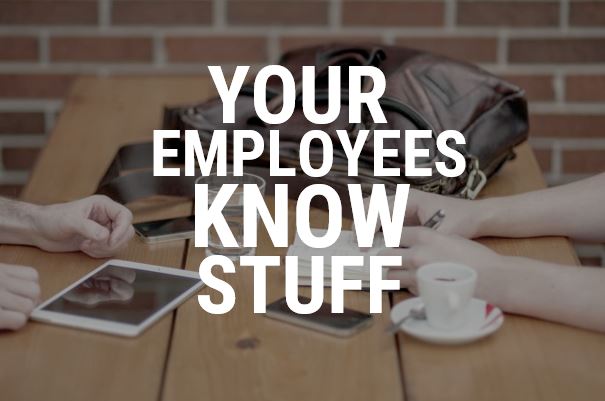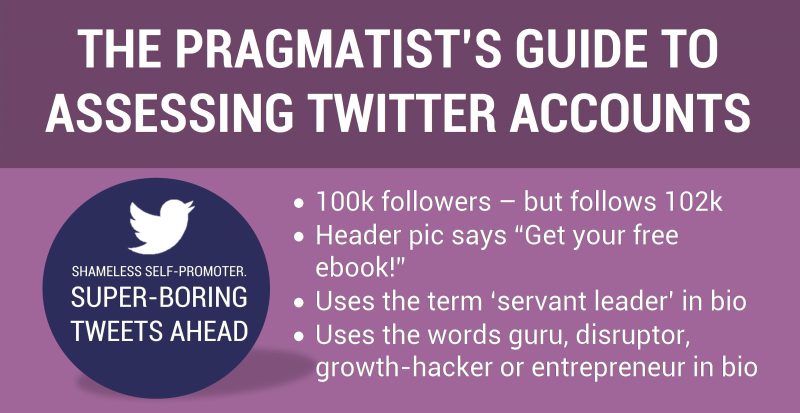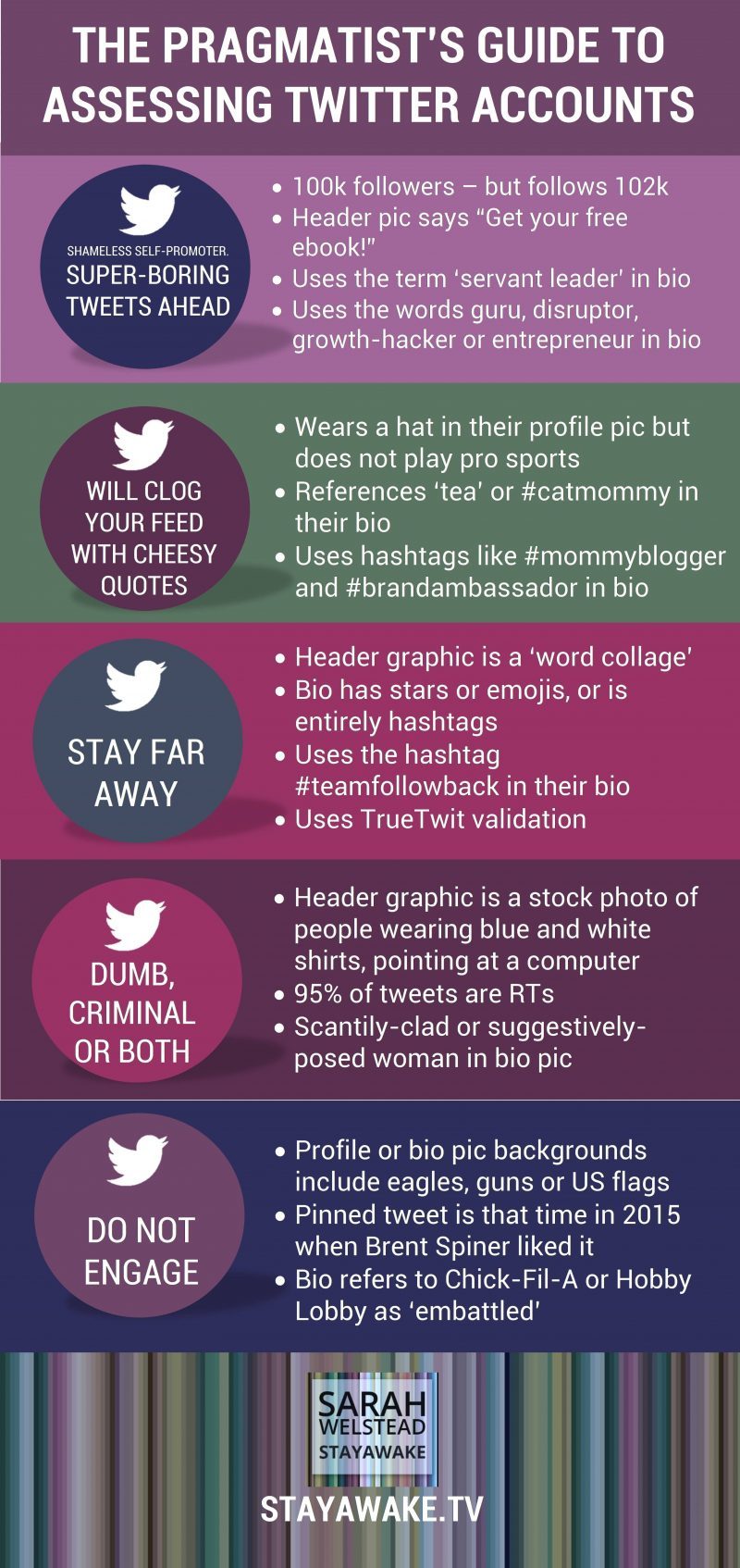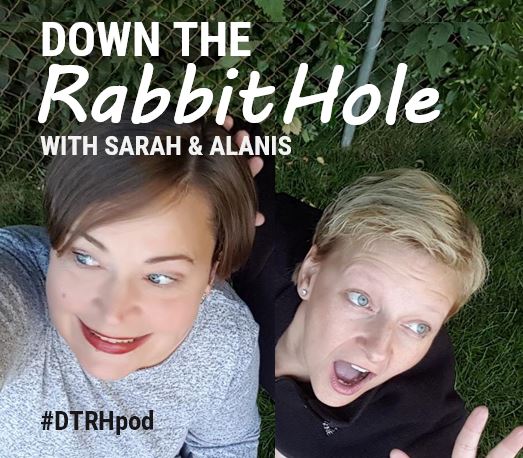I know what my clients think when I suggest that they have their employees write blog posts or whitepapers or post an industry-related opinion piece on their LinkedIn profile: “Yeah, right. If I could get these guys to string together 3 paragraphs without holding a gun to their heads, I wouldn’t need to be hiring you.”
Other times, I know they’re thinking – and they often say – something like, “Look, I need my guys focused on what they need to get done. I don’t need them wasting half the day trying to think up tweets or whatever.”
Most of your employees know more about your business than I ever will
I listen to what my clients tell me about their business, I do my own research, I tend to work with clients over long periods of time and – it has to be said – I’ve been around the block a few times, so I’m pretty good at grasping my clients’ business models and what they’re looking to achieve in the marketplace.
But I’ll always be an outsider: I don’t know what the business is like on a day-to-day basis; I’m rarely on the front line with clients; I don’t have to use the industry-standard-but-hopelessly-complex enterprise software that everyone hates – and I don’t get to hear the thousands of anecdotal stories from trade shows or client visits or competitors that even a junior manager is exposed to in their first year on the job.
So there are some insights I just won’t ever have – but it’s these insights that can drive great content across all kinds of channels.
(And make no mistake, a thoughtful-but-humorous piece on that terrible industry-standard software is going to be more interesting to your audience than another blog post about how you just made a new hire.)
It’s good for your business in a whole bunch of ways
I know many companies think that if they let employees spend 3 hours of company time working on a blog post or article, they’re just ‘losing’ that 3 hours – it’s a non-productive time-suck that doesn’t do anything for the bottom line.
But in fact an employee-bylined piece that’s well-distributed can deliver benefits in all kinds of ways:
- It can reach new audiences, especially if the employee publicizes it across their own social networks
- It can deliver a boost to SEO for similar reasons
- When customers/competitors/potential employees see that there are lots of people in your organization with interesting stuff to say, they naturally assume your organization must be cutting edge/smart/market-leading
- It can spur other employees to come up with their own insights to talk about – which not only means additional content, but an organizational culture where insights and inventiveness are valued
- It might turn up some valuable insights hitherto unknown to senior leadership
- Over time, it can contribute to a reputation for thought leadership that gets your organization on more shortlists for more business
Is it hard to quantify all this? Yes.
Will it happen overnight? No.
Will it happen if you stick to it? Absolutely.
They don’t actually have to write the stuff.
They just have to tell someone who can.
I know most people struggle with writing magazine articles or whitepapers or blog posts or even clever Instagram captions. (If they didn’t, I wouldn’t have a job.) That doesn’t mean they don’t have great insights and information to share – it just has to get out of their head and into some kind of form that other people can see.
The solution? Allow and encourage employees to spend some time with – and be interviewed by – whoever is tasked with doing your content and social media.
No, allowing the social media/content person to corral several mid-level managers for an hour or two every once in a while is not a shameless squandering of resources. (Do I really have to say this?) And no, it won’t mean that your employees are suddenly so ‘distracted by marketing’ (I get that objection a lot, BTW) that they can’t return to their desks afterward.
Let the content person do the writing, while the employees take the credit. At worst, you’ll end up with better content. At best, you’ll help build your brand as an industry leader in all kinds of ways.









